neoplasia in cats bladder
The most common lower urinary tract tumor in dogs and cats is transitional cell carcinoma TCC. To date information on prognosis and treatments for cats with bladder cancer transitional cell carcinoma.

Bladder Cancer In Cats Innovet Pet
TCC has been limited owing to a lack of data.

. The diagnosis of a urinary bladder neoplasm is generally delayed. Rhabdomyosarcoma is a very rare metastasizing spreading and malignant type of tumor. Epithelial tumors in particular TCC are the most common tumors of the urinary bladder and account for up to 92 of feline bladder tumors Other urinary bladder tumors include SCC ADC.
2 of all canine tumors. A case of feline rectal prolapse which appeared to be secondary to transitional cell carcinoma of the urinary bladder is described. It may derive from stem cells or.
In both dogs and cats TCC affecting the urinary bladder is generally. Bladder cancer in cats and dogs usually is transitional cell carcinoma which arises from the epithelial cells that line the bladder. Lymphoma and renal carcinoma are the two.
Less often cancer of the urinary bladder is squamous cell. Rhabdomyosarcoma of the Urinary Bladder in Cats. Hematuria Hematuria stranguria pollakiuria are common presenting signs.
The urinary bladder is the most common site of urinary tract neoplasia in dogs and the second most common site of urinary tract neoplasia in cats after renal lymphoma. In dogs the most common type of urinary tract tumors are bladder tumors and of these the most common is transitional cell carcinoma TCC. The low incidence in cats may be due to a difference in.
The storage function of the bladder may allow for prolonged contact with carcinogens. Neoplasms of the Lower Urinary Tract Neoplasms of the ureters bladder and urethra are uncommon in dogs and rare in cats. Symptoms and Types Straining to urinate Frequent urination of small amounts pollakiuria Blood in urine hematuria Difficulty urinating dysuria Wetting on the floor.
Neoplasms of the canine and feline urinary bladder are diagnostic and therapeutic challenges to the veterinary clinician. Transitional cell carcinoma TCC is a prevalent type of bladder cancer in cats and more cats get diagnosed with transitional cell carcinoma than other types of bladder cancer every year. The cat was reported to be incontinent and treatment was.
The urinary bladder is the most common site of urinary tract neoplasia in dogs and the second most common site of urinary tract neoplasia in cats after renal lymphoma. In contrast to TCC. Very rare.
Most common tumor type. Epithelial most common or connective tissue. The urinary bladder is the most common site of urinary tract neoplasia in dogs and the second most common site of urinary tract neoplasia in cats after renal lymphoma.

Transitional Cell Carcinoma Lap Of Love
Bladder Cancer In Cats Innovet Pet

Cat Can T Pee Signs He May Have A Urinary Blockage Daily Paws

Cat Straining To Urinate What To Do If Your Cat Has A Blocked Bladder

Feline Kidney Anatomy Vet Tech Student Vet Technician Veterinary Tech
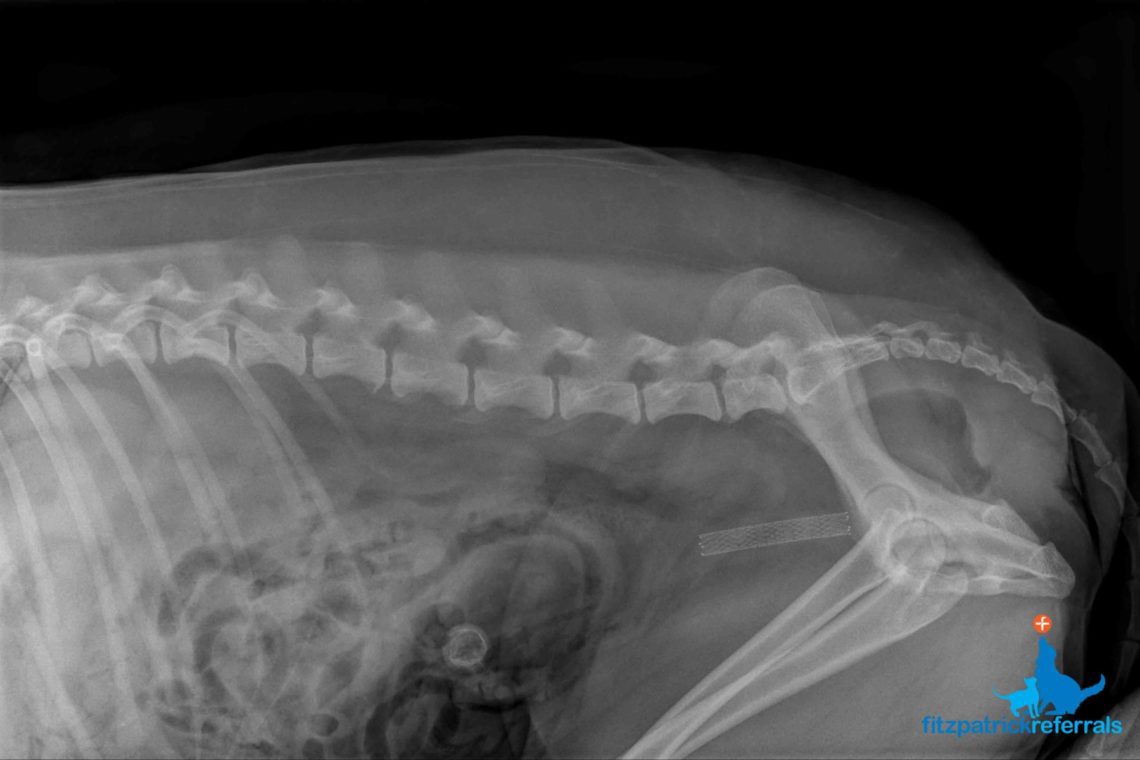
Urinary Cancer Fitzpatrick Referrals

Urinary Bladder Cancer Research College Of Veterinary Medicine Purdue University

Feline Interstitial Cystitis A Cat Owner S Worst Nightmare Summeridge Animal Clinic

Bladder Cancer In Cats Innovet Pet
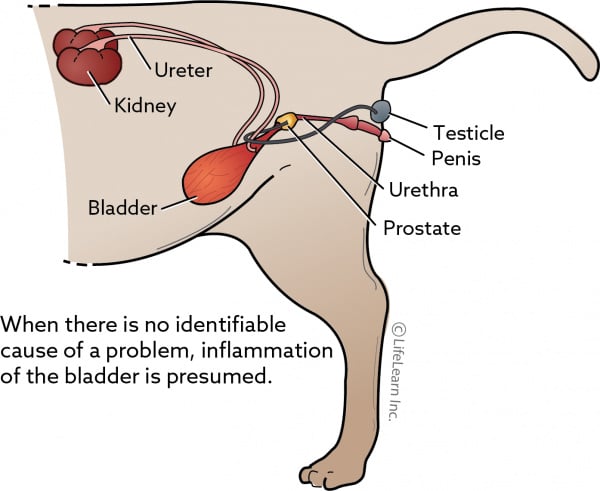
Feline Idiopathic Cystitis Vca Animal Hospital
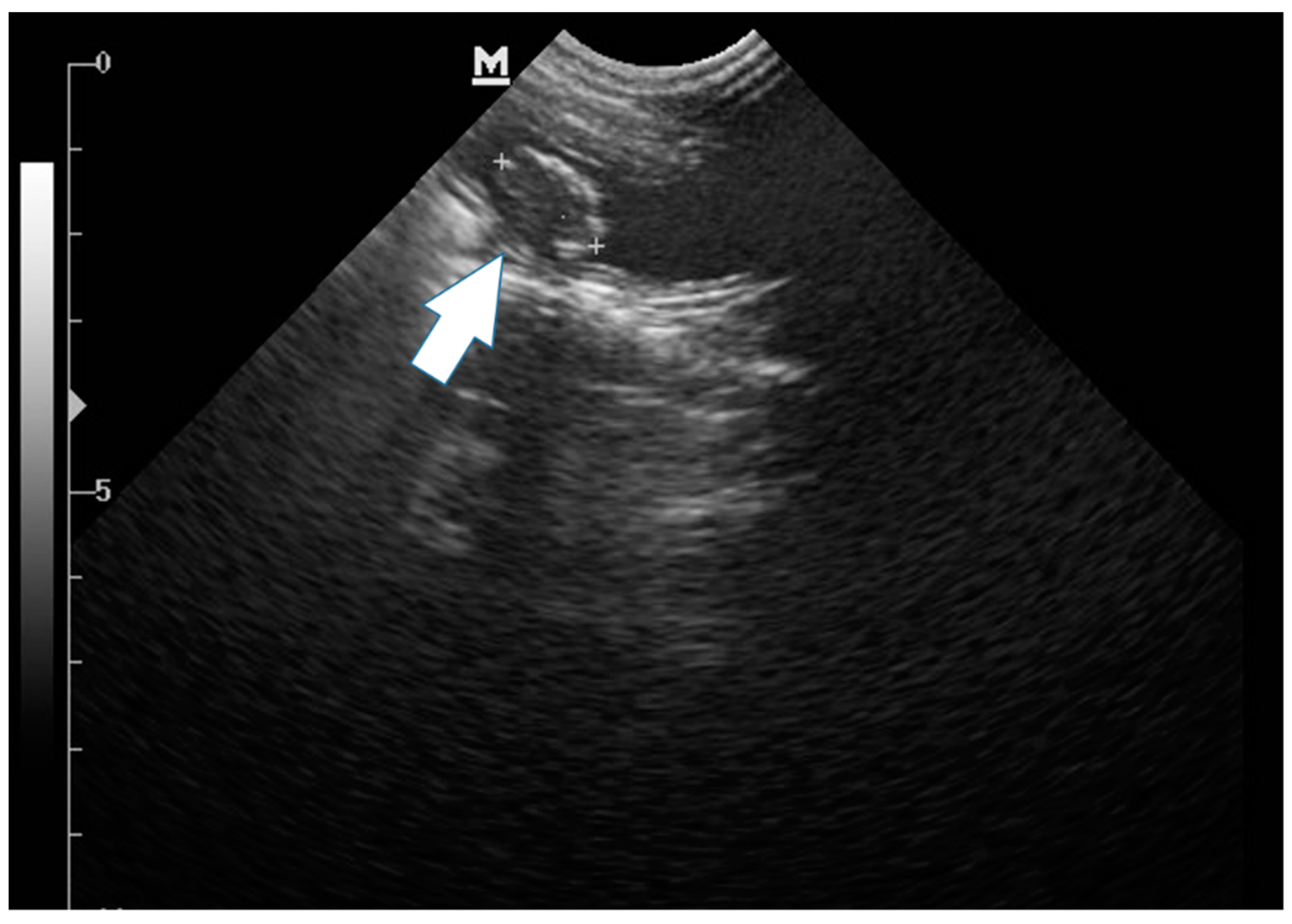
Veterinary Sciences Free Full Text Long Term Survival Of A Cat With Primary Leiomyosarcoma Of The Urinary Bladder Html

Feline Water Supplements Veterinary Practice
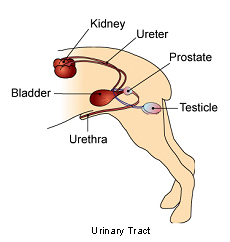
Urinary Tract Tumors Vca Animal Hospital
Is A Mass In The Bladder Always Cancer Roswell Park Comprehensive Cancer Center Buffalo Ny
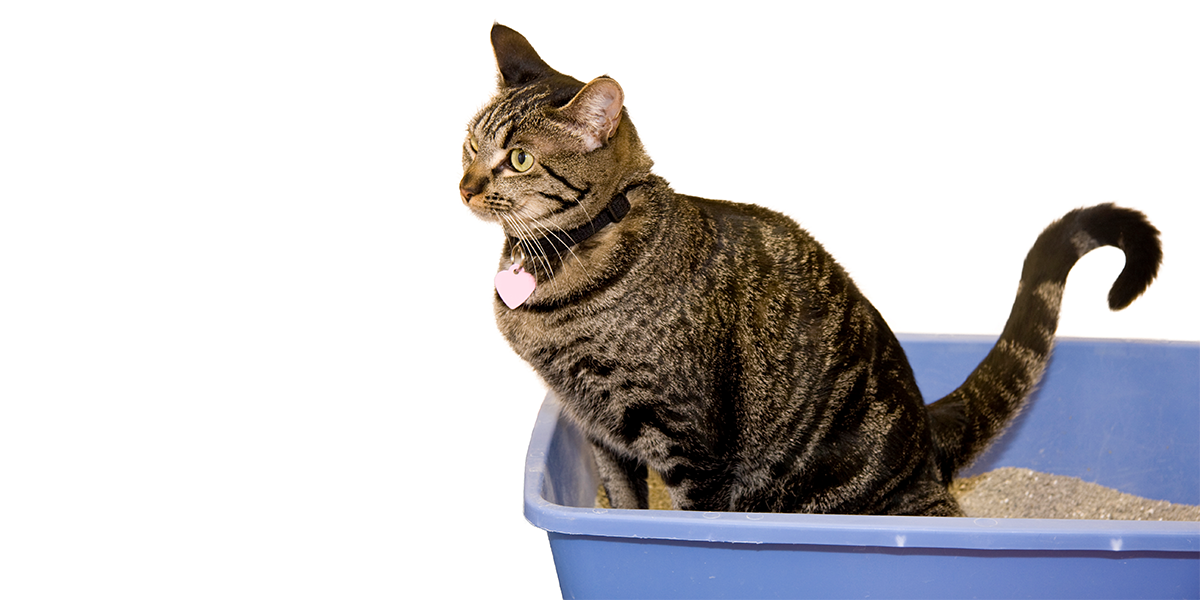
Feline Lower Urinary Tract Disease Flutd International Cat Care

Urinary Bladder Cancer In Cats Symptoms Causes Diagnosis Treatment Recovery Management Cost

Bladder Tumors In Cats Symptoms And Treatment Options Firstvet

Transitional Cell Carcinoma In Dogs And Cats Veterinary Partner Vin
